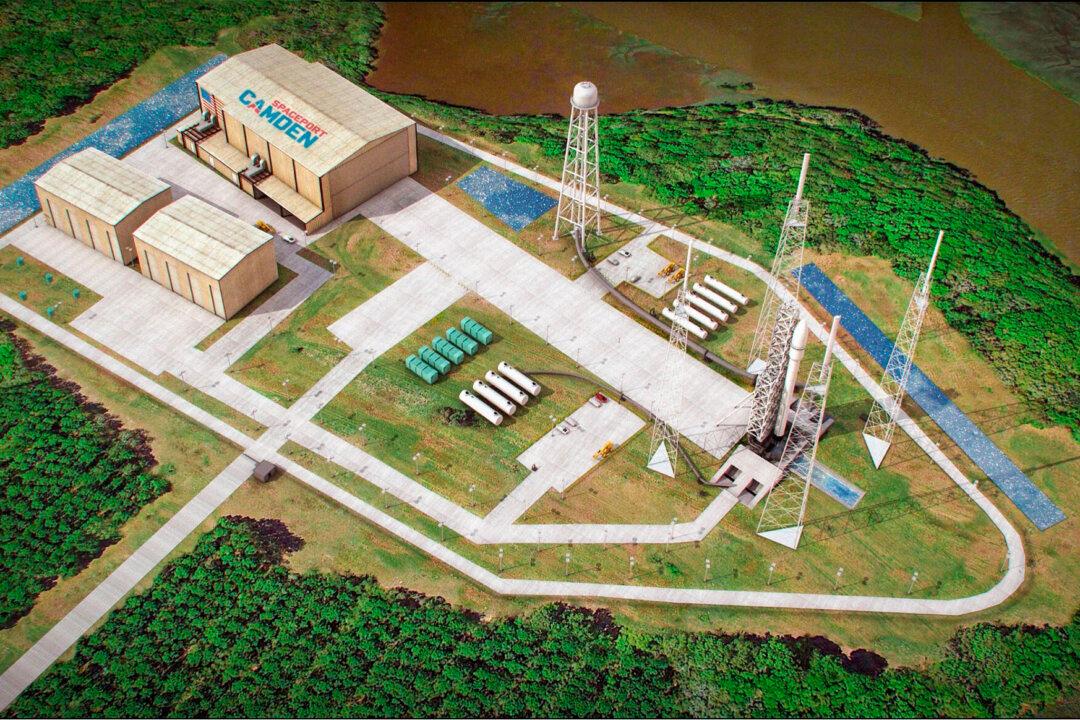SAVANNAH, Ga.—The National Park Service is pushing back after a U.S. government report recommended approval of a launch pad for commercial rockets on the Georgia coast, saying a chance of explosive misfires over a federally protected island popular with tourists and campers poses an “unacceptable risk.”
Camden County in Georgia’s coastal, southeast corner has spent nine years and $10 million seeking permission to build what would be the nation’s 13th licensed commercial spaceport. The proposed Spaceport Camden took a big step forward in June, when the Federal Aviation Administration issued a final environmental impact study that concluded building the spaceport would be its “preferred alternative.”





